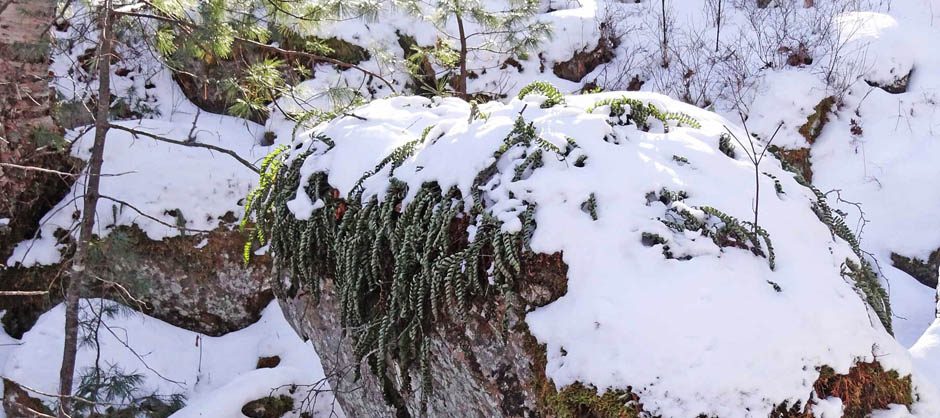
First loon spotted on Williams Lake in 2018, on April 8 [click to enlarge] See WLCC post
——–
Backlanders Katie S and Martha L passed on this notice about a new documentary on the Common Loon with research supported by a lot of great citizen science work.
On Blue Ant Media:
Hear Their Haunting Calls: Cottage Life’s New Documentary Special, Loons: A Cry From The Mist, Spotlights Canada’s Iconic Bird and the Perils Impacting Their Population
The world broadcast premiere of Loons: A Cry From The Mist airs Friday, November 18 at 8 p.m. ET/PT, exclusively on Cottage LifeTrailer: https://youtu.be/zzfWhVlol24
…Canada’s beloved bird is under threat and their survival is at stake—approximately 25 to 30 per cent fewer chicks are born across Southern Canada than they were a decade ago. In order to save this beloved water bird before silence falls across the lakes in cottage country, first Canadians must understand how they live, breed and raise their young.
Loons: A Cry From The Mist airs Friday, November 18 at 8 p.m. ET/PT on Cottage Life.
Facts About Loons:
– Only males yodel
– Some birds, like geese, migrate in pairs. Loons separate at the end of each breeding season so there’s no guarantee that even a long-time mate will return
– Loons are visual hunters; the clearer the water the easier it is for them to find their prey
– Their perfect lake is one that has lots of points, peninsulas and/or islands for nesting in
– Main nest predators include raccoons, minks and other mammals that travel along the lakeshoreSteps You Can Take to Save the Loon:
– Use non-lead tackle
– Give a 200 foot berth or more to loons when driving a boat around the lake
– Stay off the shoreline where most loons are, canoes and kayaks included
– Keep natural vegetation on your lake shoreline to give loons nesting areas and provide fish habitat
– Don’t use fertilizer on your lawns as it can leach into the lake, fuel growth of algae, and reduce water clarity, making it hard for loons to find fish
Comments Martha about loons on Williams Lake:
Williams Lake has a pair of Loons each year. In past years, the pair has produced one or two fledglings who presumably made it to their wintering grounds. Kathleen and I witnessed the adults “training” the young ones in take off and motoring down the runway. Unfortunately, they have had no fledglings for two or three years now.
WLCC would like to participate in the Canadian Lakes Loon Survey which tracks the Common Loon in lakes across Canada https://www.birdscanada.org/bird-science/canadian-lakes-loon-survey We would like to help our Loons to successfully nest and fledge their babies.
